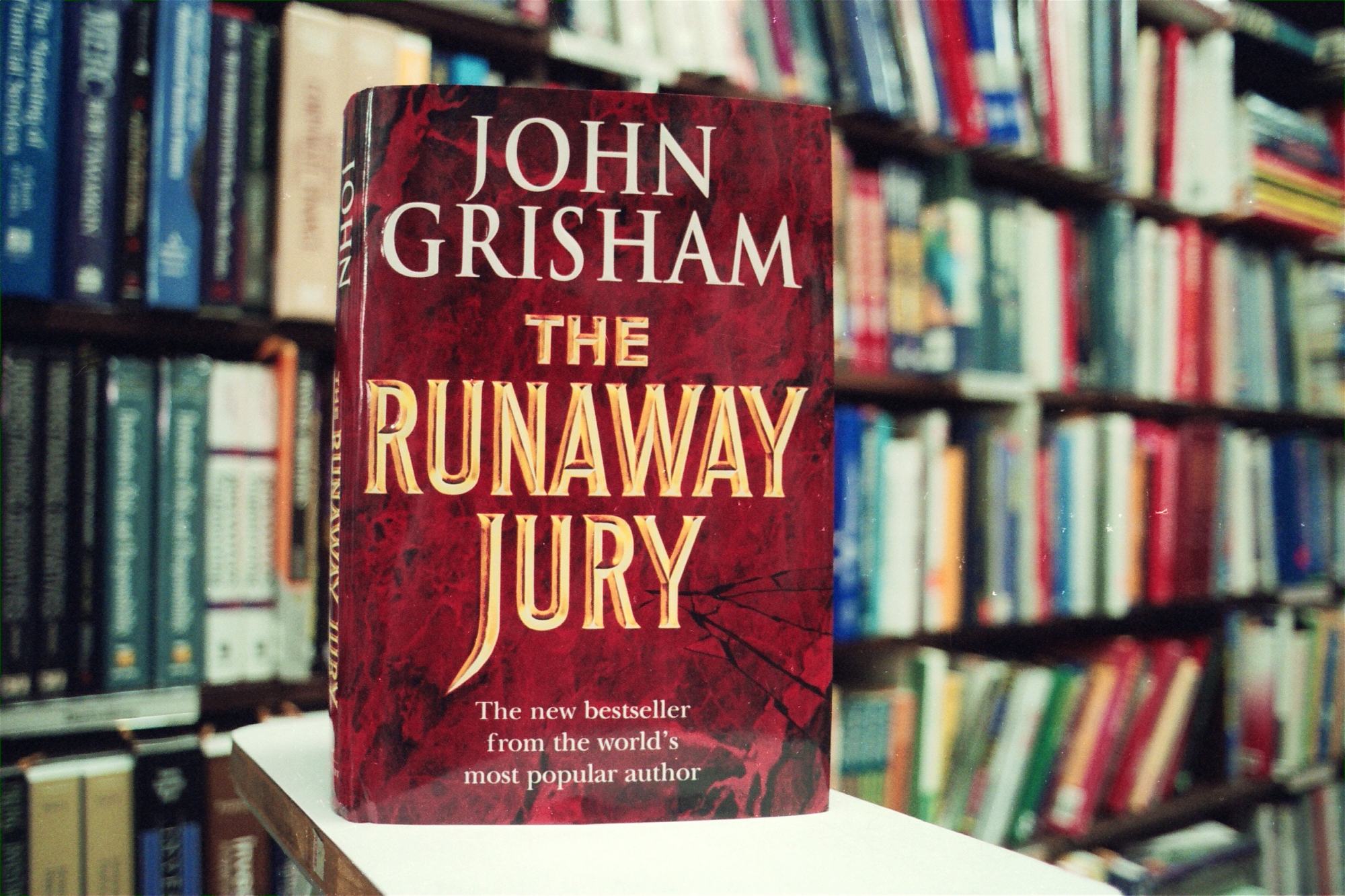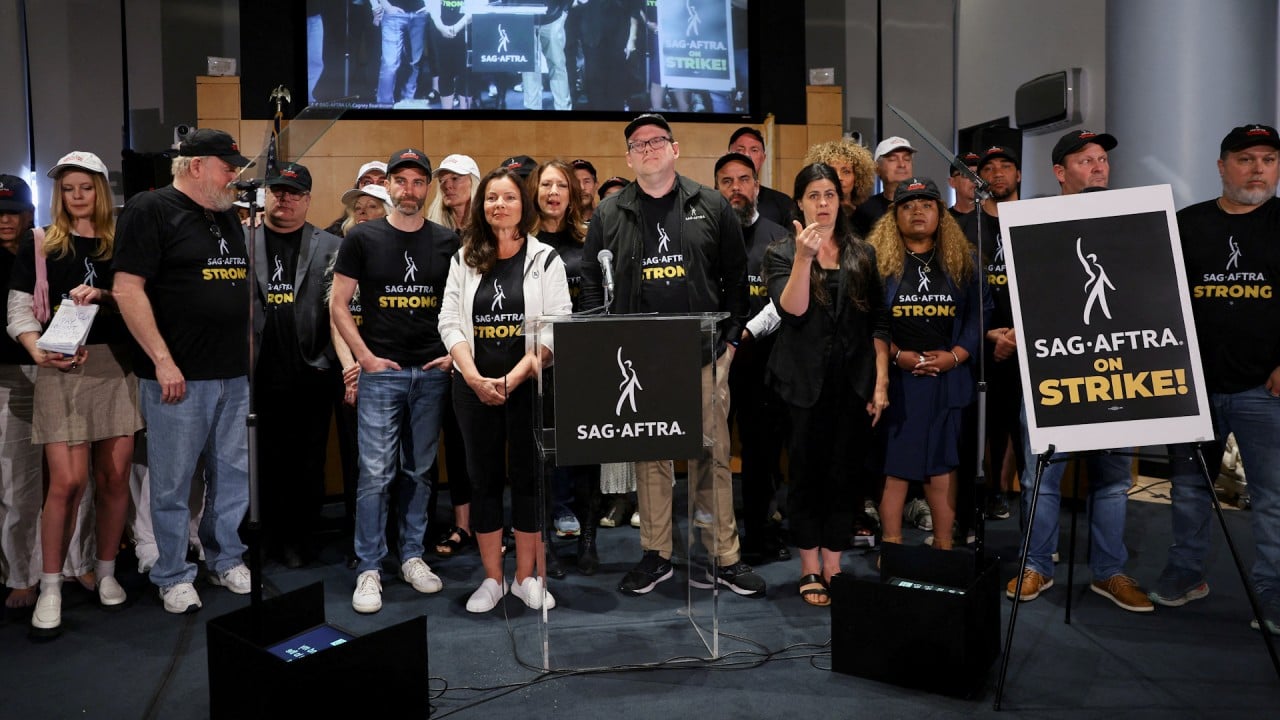Best-selling authors suing OpenAI over copyrights include Game of Thrones creator

[ad_1]
Best-selling authors suing OpenAI over copyrights include Game of Thrones creator
A trade group for US authors has sued OpenAI in Manhattan federal court on behalf of prominent writers including John Grisham, Jonathan Franzen, George Saunders, Jodi Picault and Game of Thrones novelist George RR Martin, accusing the company of unlawfully training its popular artificial-intelligence based chatbot ChatGPT on their work.
The proposed class-action lawsuit filed late on Tuesday by the Authors Guild joins several others from writers, source-code owners and visual artists against generative AI providers.
In addition to Microsoft-backed OpenAI, similar lawsuits are pending against Meta Platforms and Stability AI over the data used to train their AI systems.
Hollywood heavyweights lead strike rally in Times Square
Hollywood heavyweights lead strike rally in Times Square
Other authors involved in the latest lawsuit include The Lincoln Lawyer writer Michael Connelly and lawyer-novelists David Baldacci and Scott Turow.
Representatives for OpenAI did not immediately respond to a request for comment on Wednesday. OpenAI and other AI defendants have said their use of training data scraped from the internet qualifies as fair use under US copyright law.

Authors Guild CEO Mary Rasenberger said in a statement on Wednesday that authors “must have the ability to control if and how their works are used by generative AI” to “preserve our literature.”
The Authors Guild’s lawsuit claims that the data sets used to train OpenAI’s large language model to respond to human prompts included text from the authors’ books that may have been taken from illegal online “pirate” book repositories.
The complaint said ChatGPT generated accurate summaries of the authors’ books when prompted, indicating that their text is included in its database.
It also cited growing concerns that authors could be replaced by systems like ChatGPT that “generate low-quality e-books, impersonating authors and displacing human-wrote books.”

[ad_2]
Source link






